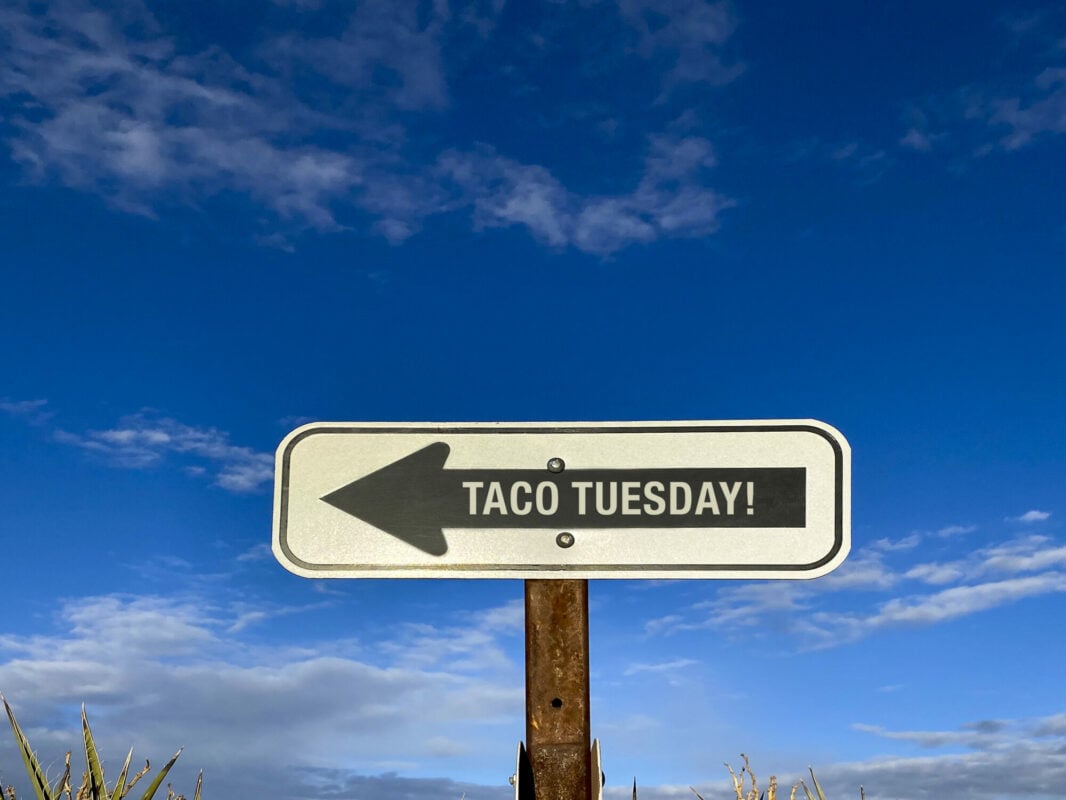Rhetoric courses through every human interaction, but college students in America are required to take at least one course in the subject—paired with either composition or public speaking—because persuasion is an essential aspect of business.
To succeed, a business must convince customers that its product or service is superior. When a competitor levels claims about your product or brand, you have three options in making a counterargument. You can try to refute the claims—show why such claims are simply not true—or work to qualify the opposition’s statements so that proper context weakens whatever power such claims hold independently.
The third option—concession—is almost never seen today. To give ground, we’re told, is to demonstrate weakness. We see this reflected across our politically divided landscape, as well. However, there are instances where a strategic retreat can pave the way for greater success and solidify a brand’s reputation. As Obi-Wan said in Star Wars: “You can’t win, but there are alternatives to fighting.”
A case in point is the recent court case about “Taco Tuesday,” a phrase trademarked in 1989 by Taco John’s—a chain of 400 restaurants that started with a single taco stand in Cheyenne, Wyoming, in 1969. Perhaps you’re surprised that any company was able to trademark such a common phrase. You’re not alone.
Taco Bell submitted a formal petition to the U.S. Patent and Trademark Office seeking a reversal of the trademark, a move that garnered support from NBA legend LeBron James, whose Tuesday tradition of enjoying tacos—a habit he maintains even during the hectic basketball season—has been documented across social media. In 2019, James himself sought to trademark “Taco Tuesday,” and when he learned it was already trademarked, he subsequently appeared in a Taco Bell commercial advocating for the phrase’s liberation.
Going up against both Taco Bell and LeBron James is never easy, especially when they’re right. “Taco Tuesday,” as a phrase, existed decades before Taco John’s and their attempt to control its usage. But let’s not pretend that Taco Bell would not have done the same, had they thought of it decades ago. LeBron James did attempt to do the same. They each contended that Taco John’s was wrong for accomplishing decades ago what they wanted to do themselves more recently.
Instead of paying millions of dollars in legal fees to fight a battle they likely would not win, Taco John’s defied the norm. Saying they’re “lovers, not fighters,” Taco John’s surprisingly relinquished the trademark and challenged Taco Bell (and James, as well) to match its $100-per-restaurant donation to the nonprofit Children of Restaurant Employees (CORE). For Taco John’s, that’s a crisp $40,000 donation. But for Taco Bell, such a donation would be more than $800,000—maybe closer to $900,000, depending on the exact number of stores operating now. (As of 2022, Taco Bell had 8,218 stores in operation.)
While Taco John’s left his name off their official statement, the company did suggest that James could donate whatever Taco Bell paid him to appear in their commercial about this “issue.” For James, as a “store” of one, the amount of the match is a little uncertain, but his billion-dollar net worth suggests it should be substantial.
By choosing to not refute every argument leveled by Taco Bell, a competitor more than twice its size, Taco John’s embraced the principle of concession. Conceding certain aspects of an argument demonstrates credibility and fairness—and also takes control of the narrative. This tactic might seem counterintuitive today, as many corporations opt for vehemently defending their positions on even trivial matters. But it’s precisely this willingness to concede that sets Taco John’s apart and shows they understand the challenges of brand perception. And by redirecting the narrative and leveling the CORE donation challenge, Taco John’s displayed a willingness to make something good emerge from a somewhat ridiculous legal “battle.”
Had they chosen to fight and protect their trademark, Taco John’s would have contributed to a negative—and potentially permanent—perception of the brand. Taco Bell (and LeBron James) had already made moves to paint them in such a light, but Taco John’s flipped the script and demonstrated a willingness to rise above pettiness, a trait that resonates well with consumers who value transparency and accountability. Sometimes you need a CRM to better understand your customers. But sometimes all you need is common sense and a willingness to accept the truth of how your brand might be perceived.
You might not be familiar with Taco John’s. These days, 400 locations isn’t much. (That’s how many locations Burger King and Golden Corral are each closing this year, by comparison.) In most ways, Taco John’s is still small potatoes. But without their commitment to maintaining a positive brand perception, there’s no chance you might come to know them in the future, either. At least this way, they retain the opportunity for future relevance. If public opinion and brand loyalty are paramount, their approach reminds us that sometimes taking a step back can ultimately lead to taking two steps forward—which is a difficult dance for any business to learn.
You might also like:
Rare Bird delivers versatile marketing and digital solutions to diverse clientele across nearly every industry. Ready to leverage our expertise to address your business needs?
Let's talk.